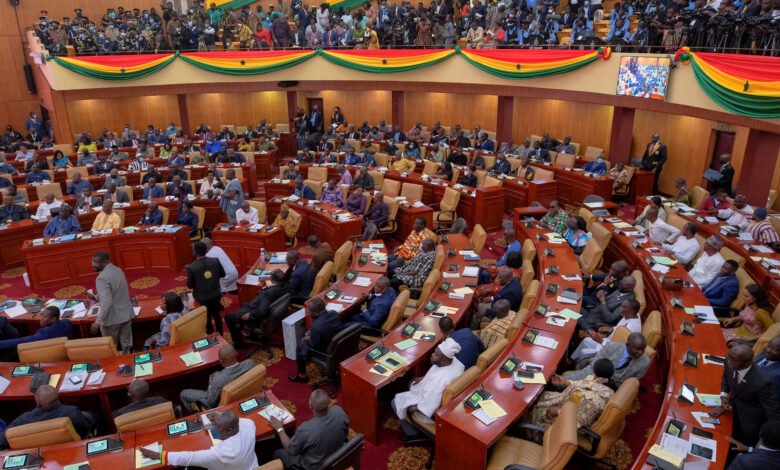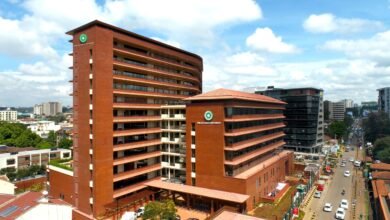
The Electricity Company of Ghana (ECG) disconnected electricity to the parliamentary complex to compel the legislative body over an outstanding debt of $1.8 million (23 million Ghanaian cedis).
ECG is a government-operated power provider.
Lawmakers were left chanting “dumsor, dumsor,” which means black-out in Twi, the local language.
William Boateng, the communications director of ECG, informed Reuters that the decision to disconnect power was made after the legislature did not respond to notices demanding payment.
Ghana’s power industry is dealing with extensive unpaid bills.
This has caused an uptick in electricity outages amidst ongoing tensions between the government and power generation companies.
Also Read: Ghanaian Businessman Signs $1-billion Climate Change Deal With India
Boateng explained that disconnecting the parliament’s power supply is a standard tactic employed by ECG to motivate customers with outstanding bills to settle their debts.
“Disconnections are for everybody; anyone who doesn’t pay and fails to make arrangements, the team will disconnect.
“They paid 13 million cedi ($1 million) and promised to pay the rest in a week, so our guys reconnected them,” said Boateng.
The situation left several parliamenterians stuck in lifts, as stated by Edward Bawa, a Ghanaian legislator.
“The whole sector is suffering under debt and these are some of the consequences,” Bawa said.
Ghana’s thermal power generation is fueled largely by natural gas, but occasionally using light crude oil and diesel.
The West African country exports power to Togo, Benin, and Burkina Faso.
The government has been seeking to restructure the power sector and seal a debt deal with independent power producers (IPP).
It is struggling with its worst economic crisis in a generation, characterised by double-digit inflation and ballooning public debt.
In July last year, independent power producers reached an interim deal with the ECG over arrears owed to them but promised to shut down their plants if the issue remained unsolved.





